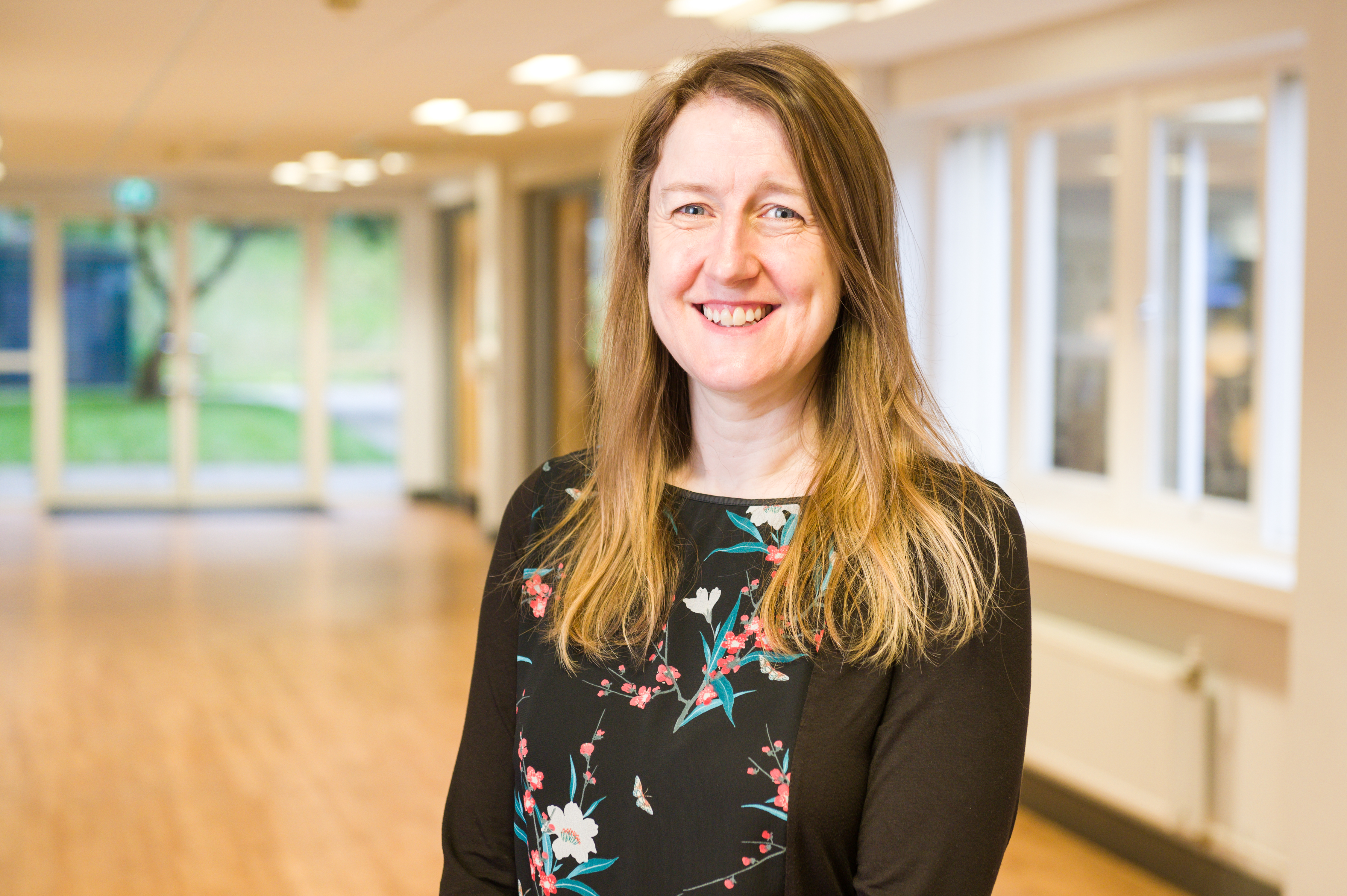Project
Easing Everyday Decisions
Unit(s) of assessment: Psychology, Psychiatry and Neuroscience
Research theme(s): Health Innovation
School: School of Social Sciences
Overview

Easing Everyday Decisions is a two-year research project funded by an Ageing Research Development Award from the UKRI. As the proportion of older adults in society grows, it becomes increasingly important to support older adults to remain happy, healthy, and independent far into old age.
Being able to confidently make decisions is at the heart of independent living, and is a core component of many activities of daily living, such as managing a budget, making purchasing decisions, safely managing medication, choosing nutritious food, and making travel and transportation plans. Poor decision-making is associated with financial vulnerability, susceptibility to scams, poor wellbeing, and ultimately, loss of independence. We aim to give older adults the tools they need to support their everyday decision-making, helping them to live healthy, satisfying, and independent lives.
Research plans
The Easing Everyday Decisions project will develop and evaluate practical methods for supporting older adults’ everyday decisions. Older adults make less accurate decisions than young adults on cognitively-demanding tasks, and experience hidden costs where decision-making becomes slower, more effortful, and less efficient. These hidden costs are not well understood, particularly the extent to which they occur and affect wellbeing in situations where older adults are still able to make accurate, if effortful, decisions. We will use an interdisciplinary approach to fully understand these hidden costs, in order to give older adults the tools they need to ease their everyday decision-making, delaying the withdrawal from effortful cognitive tasks that prevents older adults from remaining cognitively active and socially-engaged.
Support methods will be identified that improve the perceptual clarity of decision-making materials and reduce the working memory burden associated with the decision-making task. Reducing perceptual and working memory demands will free up cognitive resources for the decision-making task. We will then use multidisciplinary methods to evaluate the impact of the decision-making support on not only speed and accuracy (behavioural experiments), but also the cognitive steps,
errors, and difficulties experienced during task completion (think-aloud interviews), and the effort and neural processing required to complete the task (fMRI with pupillometry).
We will create a half-day workshop for older adults on the benefits of using perceptual and working-memory support, based on the evaluation findings. A one-month follow-up survey will assess the impact of the workshop on everyday decision-making and wellbeing. This small-scale application of the evaluation will provide the groundwork for future implementation and large-scale assessment of the intervention, in terms of 1) longer-term, real-world benefits to older adults, and 2) adoption of the decision-making support by organisations.
Participate in our research
If you are interested in taking part in our research studies, you can join the Trent Age Panel – a database of older-adult volunteers in the Nottingham area. To find out more about the panel, please contact Stephen Badham at stephen.badham@ntu.ac.uk.
Meet the team

Dr Kate Roberts (project lead) is an Associate Professor of Cognitive Psychology. Her research uses behavioural and neuroimaging methods to investigate healthy cognition, and how cognitive abilities change as a function of ageing and brain injury.
Contact: kate.roberts@ntu.ac.uk.

Dr Stephen Badham (co-investigator) is an Associate Professor in Psychology. His research focuses on age-related changes in cognition, particularly memory, and how these can be reduced through environmental support and drawing on experience and knowledge.
Contact: stephen.badham@ntu.ac.uk.

Professor Hareth Al-Janabi (co-investigator) is a Professor of Health Economics at the University of Birmingham. His research develops quantitative and qualitative methods to understand individual decision-making and real-world resource allocation.
Contact: h.aljanabi@bham.ac.uk.

Dr Chris Atkin (research fellow) is a cognitive psychologist whose research focuses on methods to support healthy cognitive ageing and improved wellbeing in older age.
Contact: christopher.atkin02@ntu.ac.uk.

Dr Sam Perry (research fellow) is a health economist at the University of Birmingham whose research focuses on methods to support resource allocation decisions, with a focus on economic evaluation, econometrics, and qualitative methods in mental health and ageing.
Contact: s.j.perry@bham.ac.uk
Related publications
Atkin, C., Stacey, J.E., Roberts, K.L. et al. (2023). The effect of unisensory and multisensory information on lexical decision and free recall in young and older adults. Scientific Reports, 13, 16575. https://doi.org/10.1038/s41598-023-41791-1
Guan, N., Guariglia, A., Moore, P., Xu, F., & Al-Janabi, H. (2022). Financial stress and depression in adults: A systematic review. PloS one, 17(2), e0264041.
Stacey, J.E., Atkin, C., Henshaw, H., Roberts, K.L., Allen, H.A., Justice, L.V., & Badham, S.P. (2022). Does audio-visual information result in improved health-related decision-making compared with audio-only or visual-only information? Protocol for a systematic review and meta-analysis. BMJ Open, 12, e059599.
Horton, M., Oyebode, J., Clare, L., Megson, M., Shearsmith, L., Brayne, C, Kind P, Hoare Z, Al-Janabi H, Hewison V, Tennant, A., Wright P. (2021). Measuring quality of life in carers of people with dementia: development and psychometric evaluation of Scales measuring the Impact of DEmentia on CARers (SIDECAR). Gerontologist. 61 (3), e1-e11
Badham, S.P., & Hamilton, C.A. (2020). Influences of complexity on decision making in young and older adults. Europe's Journal of Psychology, 16, 280-299.
Badham, S. P., Hay, M., Foxon, N., Kaur, K., & Maylor, E. A. (2016). When does prior knowledge disproportionately benefit older adults’ memory? Aging, Neuropsychology, and Cognition, 23, 338-365.
Roberts, K.L., & Allen, H.A. (2016). Perception and cognition in the ageing brain: A brief review of the short- and long-term links between perceptual and cognitive decline. Frontiers in Aging Neuroscience, 8:39. doi: 10.3389/fnagi.2016.00039.
Badham, S. P., & Maylor, E. A. (2015). What you know can influence what you are going to know (especially for older adults). Psychonomic Bulletin & Review, 22, 141-146.
Birmingham Policy Commission III (including Al-Janabi H) (2014). Health Ageing in the 21st Century, University of Birmingham.